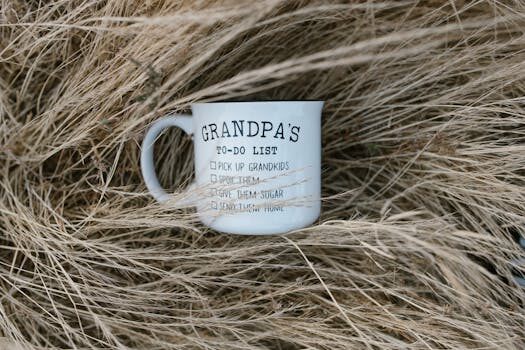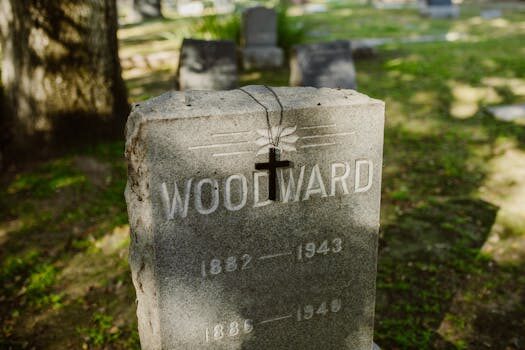Gaelic names - all names

Gaelic names hold a rich history and reflect a deep cultural significance in both Irish and Scottish traditions. These names often carry meanings that connect individuals to their heritage, making them a fascinating topic of exploration.
In this article, we will delve into the world of Gaelic Names - All Names, examining their origins, meanings, and the distinctions between Irish and Scottish Gaelic names. Whether you are searching for popular Gaelic names for boys or unique Gaelic names for girls, this guide will provide valuable insights.
What are Gaelic names?
Gaelic names are derived from the Gaelic languages, specifically the Irish and Scottish variants. They have been used for centuries and often hold deep meanings tied to nature, history, and mythology. These names are not just identifiers but are imbued with stories and cultural significance.
In many cases, Gaelic names reflect the landscape of Ireland and Scotland, featuring elements such as rivers, mountains, and animals. Names like Aisling, meaning "dream" or "vision," illustrate the poetic nature of these names.
Furthermore, Gaelic names often undergo variations based on regional dialects, which adds to their uniqueness. For instance, the name Aoife, which means "radiance," is popular in both cultures but may be pronounced differently.

Why are Gaelic names significant?
The significance of Gaelic names extends beyond mere identification. They embody a person's cultural roots and heritage, acting as a bridge between generations. This connection is especially important in communities where Gaelic culture is celebrated.
Many Gaelic names are steeped in historical narratives, connecting individuals to their ancestors. For example, the name Aidan, which means "little fire," has been used since early medieval times, reflecting the enduring legacy of those who carried it.
As Gaelic culture experiences a revival, these names have regained popularity, symbolizing a return to traditional values and identities. Choosing a Gaelic name can be a way to honor one's heritage, making it a meaningful choice for many families.
How do you choose a Gaelic name?
Choosing a Gaelic name can be a delightful yet challenging task. Here are some factors to consider to help you navigate the process:
- Meaning: Research the meanings behind names to find one that resonates with you.
- Pronunciation: Consider how the name will be pronounced and whether it will be easily understood.
- Tradition vs. Modernity: Decide if you prefer a traditional Gaelic name or a modern twist on a classic.
- Family Connections: Reflect on names that may have been passed down through generations.
Another essential aspect is the cultural context. Understanding the stories and significance behind names can enhance your connection to them. Engaging with Gaelic culture through literature or community events can also provide inspiration.

What are the most popular Gaelic names for boys?
When it comes to boys, several Gaelic names have stood the test of time and remain popular today. Some of these include:
- Aidan - Meaning "little fire," this name has historic roots and is widely used.
- Connor - This name means "lover of hounds" and has been a beloved choice for generations.
- Finn - Meaning "fair" or "white," Finn is associated with legendary figures in Gaelic mythology.
- Seamus - The Gaelic form of James, it means "supplanter" and has a rich history.
These names not only carry beautiful meanings but also connect individuals to their cultural heritage. Parents often choose these names to instill a sense of pride and identity in their children.
What are the most popular Gaelic names for girls?
For girls, strong and beautiful Gaelic names are also prevalent. Here are some popular choices:
- Aisling - Meaning "dream" or "vision," this name has poetic roots and is widely cherished.
- Saoirse - This name means "freedom," symbolizing a strong connection to Irish identity.
- Aoife - Meaning "radiance," Aoife is a name associated with beauty and brightness.
- Maeve - A name with royal ties, Maeve means "she who intoxicates."
These names highlight the beauty and strength found in Gaelic culture, making them timeless choices for many parents.
What are the differences between Irish and Scottish Gaelic names?
While both Irish and Scottish Gaelic names share common roots, there are notable differences. One primary distinction is in pronunciation and spelling. For example, the name "Caitlin" in Irish becomes "Caitriona" in Scottish Gaelic.

Another difference is the influence of history and culture. Irish names often reflect the language’s evolution due to historical events, while Scottish names might incorporate elements from Norse and Anglo-Saxon influences.
Additionally, the meaning of names can vary slightly between the two cultures. It's essential to consider these differences, especially when choosing a name that represents a specific heritage.
What are the meanings behind Gaelic names?
The meanings of Gaelic names are often deeply tied to nature, mythology, and personal characteristics. Names like "Niamh," meaning "bright" or "radiant," convey a sense of beauty and light.
Many Gaelic names are derived from ancient legends or historical figures, which adds layers of meaning. For instance, "Fionnuala," which means "white shoulders," is linked to a tragic tale of love and transformation in Irish mythology.
Understanding the meanings behind Gaelic names can provide insight into cultural values and stories, making them even more special for those who carry them.

Related Questions About Gaelic Names
Why is the O removed in Irish names?
The removal of the "O" in some Irish names often relates to changes in naming conventions over time. Historically, the "O" prefix indicated "descendant of," but modern naming practices have evolved, leading to a simplification of names.
In contemporary times, many families choose to omit the prefix for ease of pronunciation or personal preference. However, traditional names with the "O" still hold significant cultural importance and are celebrated within the Irish community.
What are the most common Gaelic names?
Some of the most common Gaelic names include Aidan, Saoirse, Aoife, and Finn. These names have become popular not only within Gaelic-speaking communities but also globally, reflecting a growing appreciation for Gaelic culture.
Many of these names are celebrated for their meanings and historical significance, making them a favorite choice among parents today.
What is the dark one Irish name?
The name "Doyle" is often interpreted as "dark" in Irish, deriving from the Gaelic "Ó Dubhghaill," meaning "descendant of the dark foreigner." This name carries a historical context, linking back to the Viking invasions of Ireland.

In a broader sense, "dark" can also relate to names associated with mystery or strength, adding depth to the cultural significance of such names in Irish tradition.
What is the oldest Scottish name?
One of the oldest Scottish names is "Macbeth," derived from the Gaelic "Mac Beatha," meaning "son of life." This name has a rich historical context, notably associated with the historical figure Macbeth, King of Scots in the 11th century.
Other ancient Scottish names include "MacGregor," which means "son of Gregor," reflecting the clan system that has shaped Scottish identity for centuries.